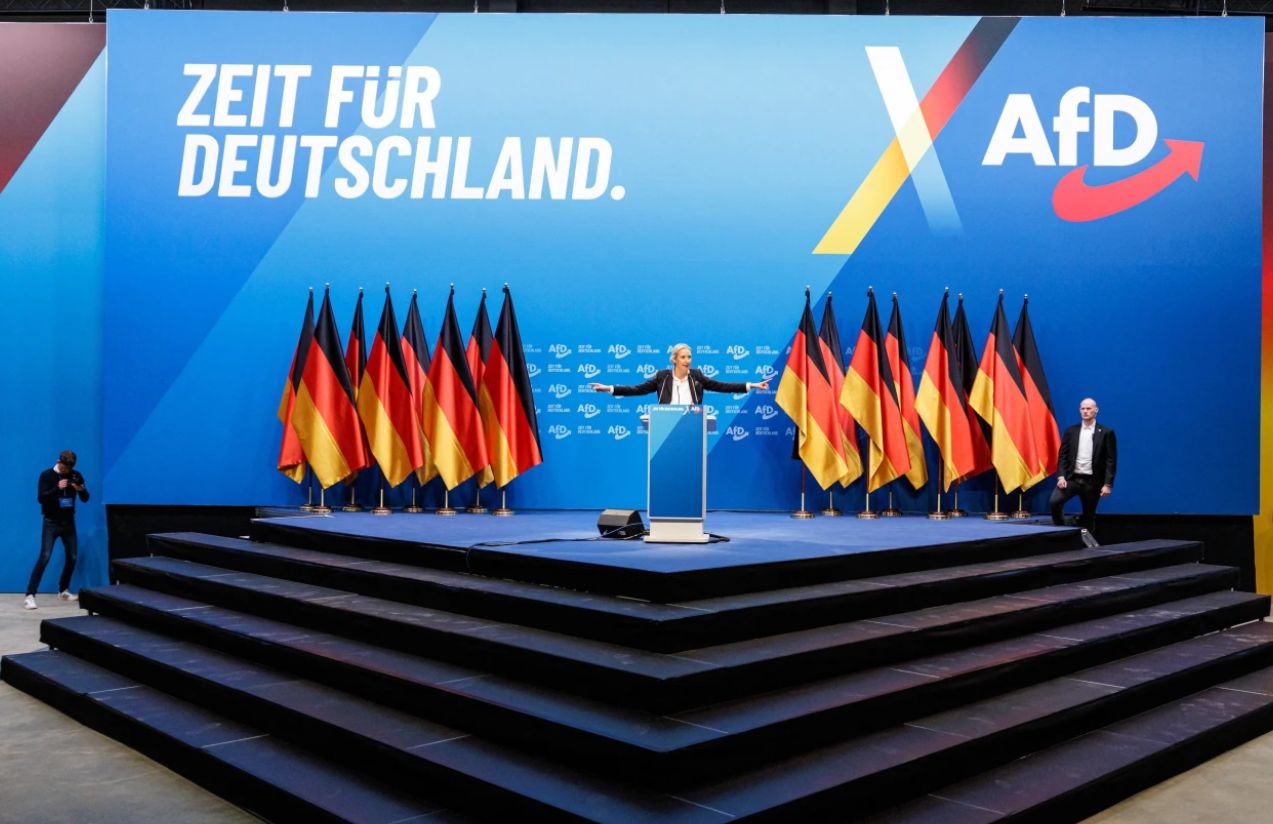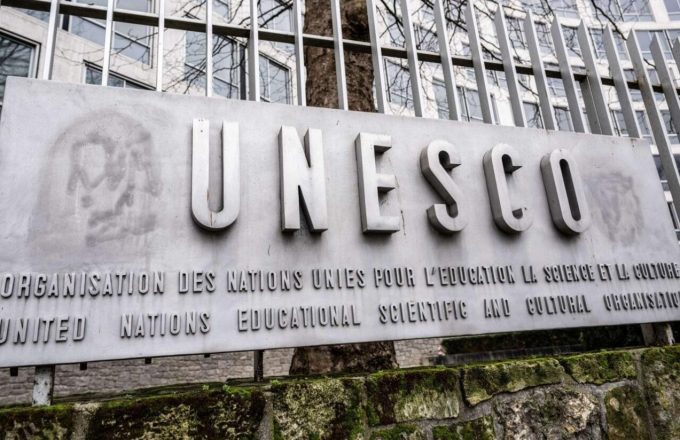Germany’s Federal Office for the Protection of the Constitution (Verfassungsschutz), the country’s domestic intelligence agency, has officially classified the Alternative for Germany (AfD) party as a far-right organization. According to the agency, the party’s ethnically based vision of the nation is “incompatible with the free democratic order.”
The move comes after the AfD made unprecedented gains in the February federal elections, securing 20.8% of the vote and 152 of the 630 seats in the Bundestag, becoming the second-largest political force in the country.
The decision was announced as the German Parliament prepares to vote on the appointment of conservative leader Friedrich Merz as the next chancellor, heading a coalition with the center-left Social Democrats.
AfD co-leaders Alice Weidel and Tino Chrupalla condemned the classification as “politically motivated” and called it “a serious blow to German democracy.” They argued their party is being “criminalized” just ahead of a government transition.
Criticism has also come from outside Germany. U.S. Vice President J.D. Vance accused German bureaucrats of “rebuilding the Berlin Wall,” while Secretary of State Marco Rubio labeled the move “tyranny in disguise.” In an unusual response, the German Foreign Ministry replied directly to Rubio on social media platform X: “We have learned from our history that right-wing extremism must be stopped.”
AfD had long been under surveillance due to suspicions of extremist tendencies, particularly in eastern German states where the party is most popular. The intelligence agency stated the AfD does not view Germans with migrant backgrounds—especially from predominantly Muslim countries—as equal members of the nation.
AfD Deputy Vice President Stephan Brandner dismissed the designation as “complete nonsense,” while acting Interior Minister Nancy Faeser defended the decision, saying it was based on a comprehensive 1,100-page report conducted independently and without political interference.
Bundestag Vice President Andrea Lindholz asserted that the AfD, now officially labeled a far-right extremist group, should not be treated like other parties in Parliament. Due to its strong electoral showing, AfD members were poised to chair several parliamentary committees—but Lindholz now calls that “almost unthinkable.”
Following its electoral success, AfD leaders had called on other parties to end Germany’s decades-old policy of isolating the far right—the so-called “firewall.” “Whoever builds firewalls will burn behind them,” Chrupalla warned.
Despite recent scandals—including one high-profile member convicted for using banned Nazi slogans—the party remains second in the polls, just behind Merz’s conservatives. Alice Weidel has adopted the controversial term “remigration,” widely interpreted as mass deportation of people with migrant backgrounds, though she denies that definition.
AfD has also received backing from prominent figures in Donald Trump’s political orbit. Nine days before the election, J.D. Vance met with Weidel in Munich and criticized what he sees as shrinking freedom of speech in Europe. Tech billionaire Elon Musk gave Weidel a major platform in a live talk on X and openly urged Germans to vote for AfD, repeating his support throughout the campaign.
Although AfD is expected to challenge the new classification in court, the designation could make it easier for intelligence services to use informants and conduct surveillance on the party.
Some German politicians argue the label should pave the way toward banning the party altogether. Under Germany’s Basic Law, adopted in 1949 after the fall of the Nazi regime, political parties that actively work against the free democratic order may be banned if they operate in a “militant and aggressive” manner.
Germany’s intelligence agency cannot initiate a party ban—that authority lies with the parliament, the federal government, or the constitutional court. However, the agency’s findings may prompt others to start the process.
Outgoing Chancellor Olaf Scholz has urged caution, but Left Party member Heidi Reichinnek argued it’s unacceptable that “a party officially recognized as far-right is actively undermining our democracy from within.”
Since World War II, Germany’s constitutional court has only banned two parties, both in the 1950s. Social Democratic Party Vice President Serpil Midyatli said the facts are now irrefutable: “It’s written in black and white what we all already knew. For me, it’s clear that the ban must come.” She added that the authors of Germany’s postwar constitution aimed to ensure the country would never again fall into darkness.




















